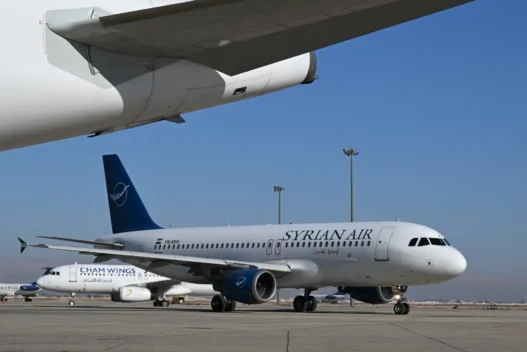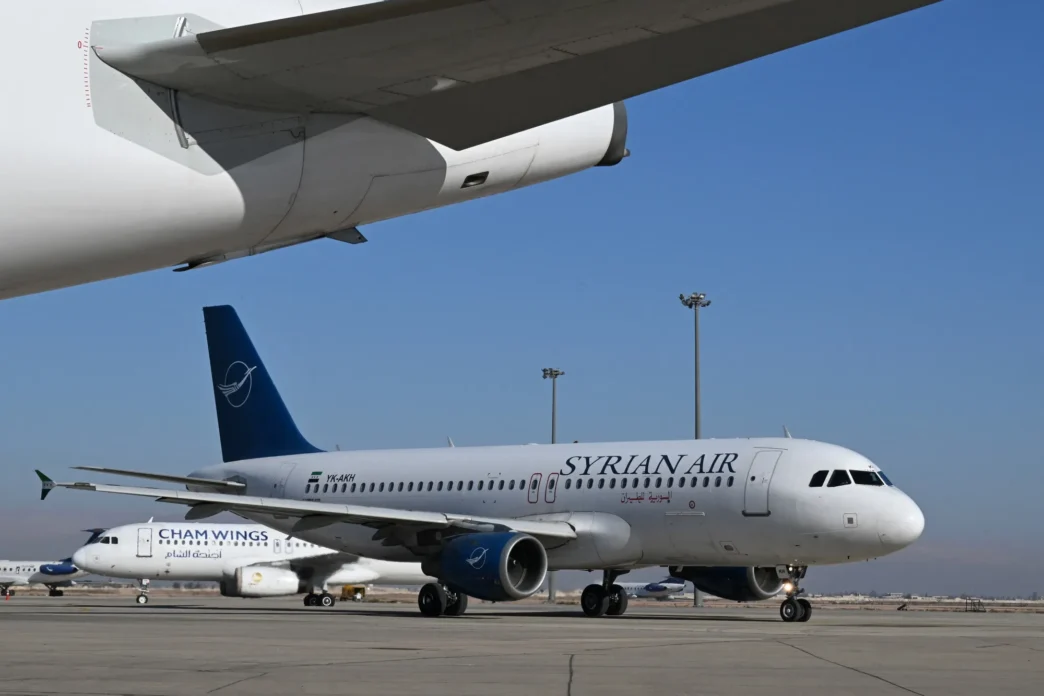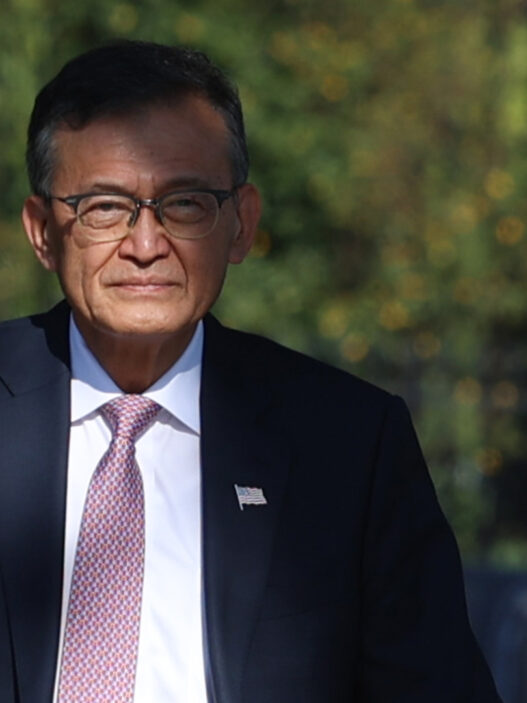In a landmark development for Syria’s civil aviation sector, the country is poised to ink a $4 billion deal to purchase a fleet of Airbus jets alongside a comprehensive expansion of its airport infrastructure. This ambitious move represents one of the largest aviation-related investments in Syria’s recent history, aiming to revitalize its air travel capabilities and boost economic recovery after years of conflict and international isolation.
The Deal Overview: Airbus Jets and Airport Expansion
Syria’s agreement centers around acquiring new Airbus aircraft—ranging from narrow-body to wide-body jets—intended to modernize its aging fleet. In tandem, the deal includes substantial investment in upgrading and expanding key airport facilities, including Damascus International Airport and several regional hubs.
- Airbus Fleet Acquisition: The deal reportedly involves dozens of aircraft from Airbus’s popular A320 and A330 families, designed to improve passenger capacity and operational efficiency.
- Airport Infrastructure Investment: Planned expansions include runway extensions, new terminals, enhanced cargo handling capabilities, and advanced air traffic management systems.
- Financial Scope: The comprehensive package totals an estimated $4 billion, reflecting both aircraft procurement and airport modernization efforts.
Why This Deal Matters: Reviving Syria’s Aviation Sector
Syria’s civil aviation industry has suffered severe setbacks due to prolonged conflict, sanctions, and damage to critical infrastructure. This deal represents a strategic effort to:
- Rebuild Connectivity: Restoring reliable air links domestically and internationally is crucial to reconnect Syria with global markets and diasporas.
- Boost Economic Recovery: Enhanced aviation infrastructure can stimulate tourism, trade, and foreign investment, all vital for post-conflict rebuilding.
- Modernize Fleet and Facilities: Up-to-date aircraft and airport systems improve safety, reduce operational costs, and elevate passenger experience.
- Signal Stability: The deal sends a message to the world that Syria is open for business and committed to modernization.
Challenges and Geopolitical Context
While ambitious, the deal faces several challenges:
- Sanctions and Political Hurdles: Ongoing international sanctions on Syria and geopolitical tensions could complicate financing, delivery, and maintenance of aircraft.
- Security Concerns: Regional instability and airspace restrictions may affect operational routes and airline partnerships.
- Economic Constraints: Syria’s fragile economy and currency volatility could impact the deal’s implementation and sustainability.
Moreover, the deal occurs amid a complex geopolitical landscape involving multiple international actors with interests in Syria’s reconstruction and regional influence.
Airbus’s Strategic Interest in Syria
For Airbus, this deal opens a door into a largely untapped market with long-term potential. Engaging with Syria provides Airbus an opportunity to:
- Expand Market Presence: Position itself as a key player in Middle Eastern post-conflict aviation rebuilding.
- Showcase Technology: Demonstrate its aircraft’s adaptability in challenging environments with efficiency and reliability.
- Foster Long-Term Partnerships: Build government and commercial ties that may lead to future contracts across sectors.
Economic and Social Impacts on Syria
If successfully executed, the deal could catalyze multiple positive outcomes:
- Job Creation: Airport expansion and airline operations would generate employment in construction, aviation services, and tourism sectors.
- Improved Mobility: Enhanced air travel options can facilitate business, education, and cultural exchanges.
- Tourism Revival: Improved infrastructure and fleet modernization are prerequisites for reintroducing Syria as a tourist destination rich in historical heritage.
- Foreign Investment: Signaling infrastructure modernization could attract investors across industries beyond aviation.
Looking Ahead: Syria’s Path to Aviation Renewal
Syria’s aviation sector rebuild is a long-term endeavor requiring coordinated efforts between government agencies, international partners, and industry stakeholders. Key priorities include:
- Regulatory Reforms: Updating civil aviation regulations to align with international standards.
- Safety and Training: Investing in workforce training and safety management systems.
- Sustainability Focus: Incorporating green technologies and practices in airport design and airline operations.
- International Collaboration: Navigating diplomatic challenges to enable overflight rights, route access, and partnership agreements.
Conclusion
Syria’s $4 billion deal to purchase Airbus jets and expand airport infrastructure marks a hopeful turning point for its civil aviation sector. It embodies aspirations to reconnect with the world, stimulate economic recovery, and modernize critical national assets.
While challenges remain significant, the initiative reflects Syria’s determination to rebuild and integrate its aviation capabilities into the global network. As Airbus jets prepare to take to Syrian skies and new terminals rise, the deal may well symbolize a new chapter of growth, opportunity, and resilience for the country’s future.






















